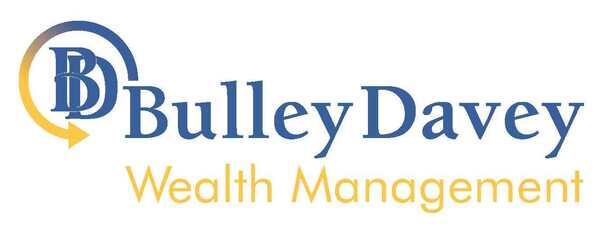With the holidays coming up, many people have their summer plans in place already – but have you looked further ahead and planned for your retirement?
Retirement takes careful planning and the sooner you start to focus on retirement goals, the sooner you can understand the reality of achieving it.
But where should you start? What do you need to be on the lookout for? In this blog, we explain everything you need to know about retirement planning.
What questions you need to ask yourself
First, you need to determine roughly when you will go into retirement. This will not only give you a date to work towards and an idea of how long you have to prepare, but also an idea of how long your retirement might be so you can determine the income you need.
Planning for a retirement starting at age 55 is likely to be radically different from one starting at age 70. You will probably be much more active, and perhaps therefore more of a spendthrift.
And, obviously, your retirement will last much longer, so you’ll need more resources to sustain you.
Ask yourself:
- When do I want to retire?
- What kind of lifestyle do I want?
- Will I have any financial commitments, like the rest of my mortgage, to pay off?
- How will I build up the resources to realise all of this?
Whatever your retirement goals, you’ll be far more likely to achieve them if you plan and give yourself time to execute those plans.
Preparing your finances
When it comes to saving for retirement, look out for the twin tax shelters of pension planning and ISAs.
They work very differently from each other, but both offer valuable degrees of protection from income tax and capital gains tax. This means your money can grow faster as you’re not handing over some of it to HMRC in taxes.
You get tax relief on the money you put into a pension, which is then largely left one to grow free from the gaze of HMRC.
When it comes to you taking it out, you are entitled to 25% of your pension as a tax-free lump sum – the rest is subject to income tax when you take it out.
ISAs (individual savings accounts) are simpler. You don’t get tax relief on the way in, although you do get tax free growth and won’t have to pay any tax on the way out. That includes income tax, dividend tax and capital gains tax. You also have access to your money at any time.
A blended approach to retirement is best, relying on both ISAs and your pension.
You’ll want to talk directly to a financial adviser to understand how much you should save for the future. Generally, the earlier you start, the less you will have to put away each month. This is because compound interest/growth can have a powerful effect over time.
As a rule of thumb, every £100,000 of savings may yield you £4,000 to £5,000 of retirement income, but there are no guarantees and a lot of variables will affect what you actually get.
Don’t forget that most people should qualify for state pension benefits too, which becomes available in your late 60s, although this pension age is slowly being pushed up by the government.
Full benefits are worth about £9,500 a year at present. This rises each year according to the ‘triple lock’, which promises that state pensions will rise by whichever is highest out of 2.5%, the average rate of inflation or average earnings growth.
Other matters
You may well have alternative plans for retirement, such as an exit strategy from a business you have built up, or relying on income or capital from a rental property portfolio. Again, talking to your adviser can help you understand how these fit into the bigger picture.
At various stages of your life it is sensible to conduct estate planning to ensure that your wealth is passed on tax efficiently to the right people after you die. It only makes sense to consider this as part of your retirement planning, too.
Book a consultation
If you would like a review of your retirement plans to see if they are on course, or just to get started, book an appointment with us.
